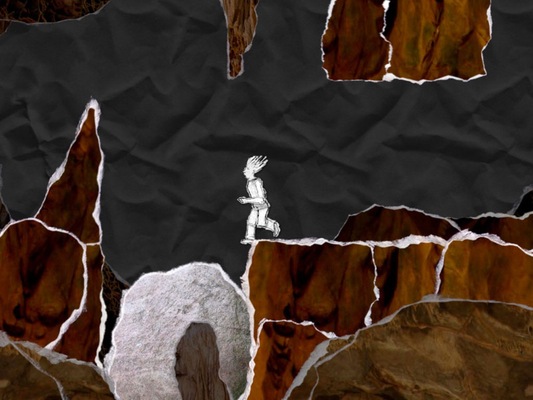Greg Costikyan has written a great essay on criticism versus reviews, and why we need more of the former:
A review is a buyer's guide. It exists to tell you about some new product that you can buy, and whether you should or should not buy it. A good review goes beyond that, and suggests who should buy it, since not everyone enjoys everything. (E.g., A romance novel may be very fine of its kind, but is quite unlikely to appeal to me, since it is not a genre I enjoy.)
[...]
Criticism is an informed discussion, by an intelligent and knowledgeable observer of a medium, of the merits and importance (or lack thereof) of a particular work. Criticism isn't intended to help the reader decide whether or not to plunk down money on something; some readers' purchase decisions may be influenced, but guiding their decisions is not the purpose of the critical work. Criticism is, in a sense merely "writing about" -- about art, about dance, about theater, about writing, about a game--about any particular work of art. How a critical piece addresses a work, and what approach it takes, may vary widely from critic to critic, and from work to work. There are, in fact, many valid critical approaches to a work, and at any given time, a critique may adopt only one, or several of them.
On the one hand, I have the feeling this situation is slowly getting better (partially due to essays such as Greg's). On the other hand, I am wary. How soon until we get essays talking about the Marxist-feminist dialectic of the ludological aspects of Super Mario World? In other words: hermetic verbiage that has no relation to either the work or the craft?
But still, I agree we're very far from having that problem right now.
